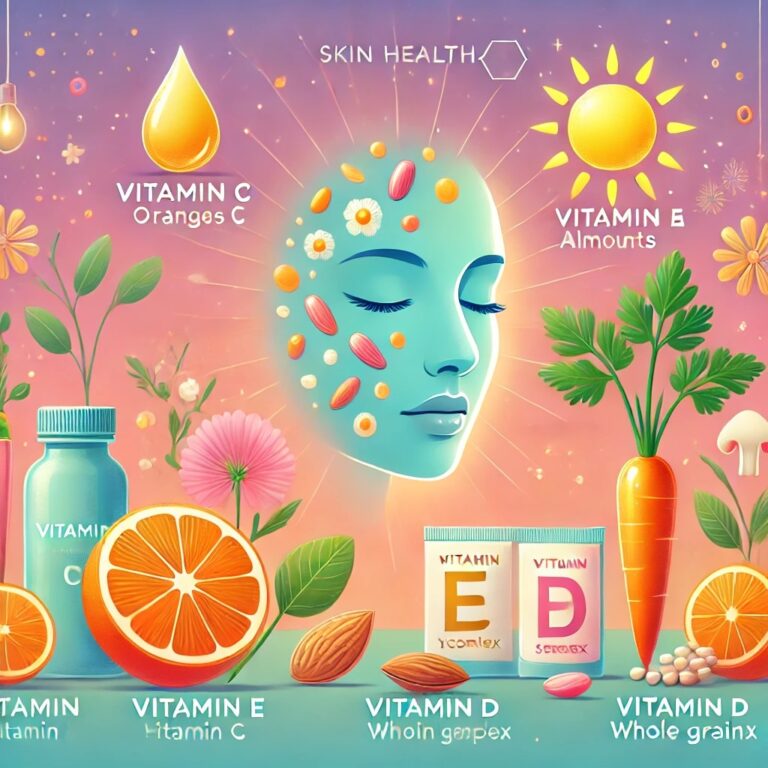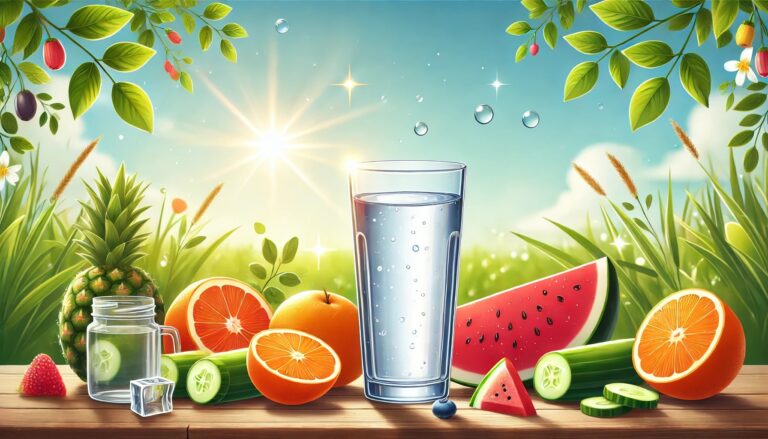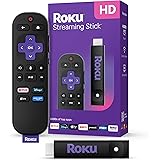As global aging accelerates, healthy aging has become a critical issue. By mid-century, the global population aged 60 and above will constitute a significant portion of society. The goal of healthy aging is not only to extend lifespan but also to enhance “healthspan”—the period during which individuals can live independently and maintain physical and mental well-being.
However, as individuals age, their physical and mental needs evolve, requiring tailored strategies at different life stages. This article offers detailed recommendations for people aged 50 and above, covering exercise, nutrition, psychological well-being, and the appropriate use of supplements to help individuals achieve comprehensive healthy aging.
Stage 1: Ages 50–60 – Prevention and Building a Healthy Foundation
Ages 50–60 mark the beginning of the aging process. Most individuals remain relatively healthy at this stage, but chronic health conditions such as hypertension, diabetes, and high cholesterol begin to emerge. This phase focuses on disease prevention, strengthening the body, and maintaining a high quality of life.
During this stage, work and family responsibilities often create a sedentary lifestyle. A lack of physical activity can lead to weight gain and an increased risk of cardiovascular disease. Additionally, bone density may begin to decline, particularly in postmenopausal women, increasing the risk of fractures. On the mental health side, stress and midlife transitions can lead to anxiety and depression, making psychological well-being and social support crucial.
Health Management Recommendations
1. Exercise
Regular exercise is essential for preventing chronic diseases and maintaining overall health:
• Type: Moderate-intensity aerobic exercises (e.g., brisk walking, cycling, swimming) combined with strength training (e.g., yoga, weightlifting).
• Frequency: At least 150 minutes of aerobic exercise weekly, plus two strength training sessions.
• Recommended Equipment:
• Fitbit Charge 6 Fitness Tracker to monitor steps, heart rate, and sleep quality.
• Adjustable Dumbbell Set suitable for tailored strength training.
2. Nutrition
Balanced nutrition plays a vital role in healthy aging:
• High-quality protein: Foods such as fish, eggs, and low-fat dairy products support muscle and bone health.
• High-fiber foods: Increased intake of fruits, vegetables, and whole grains promotes digestion and reduces cardiovascular risks.
• Lower salt and sugar intake: To manage blood pressure and reduce the risk of diabetes.
• Recommended Products:
• Fiber Supplement to support gut health.
• Omega-3 Fish Oil for cardiovascular and cerebrovascular health.
3. Supplements
• Vitamin D: Strengthens bones; consider Vitamin D3 Supplements.
• Calcium: Products like Citracal help prevent osteoporosis.
• Coenzyme Q10: Supports heart health, such as Qunol CoQ10.
Stage 2: Ages 60–70 – Balance and Adaptation to Maintain Functional Health
Between ages 60 and 70, noticeable changes in physical function occur. Muscle mass, joint mobility, and cardiovascular capacity may gradually decline, potentially leading to limited mobility. Proper management of chronic conditions and physical adaptation is critical during this stage.
Additionally, mental health requires attention. Retirement often necessitates significant lifestyle changes, and feelings of isolation or loss of purpose can arise. This phase emphasizes balancing physical health needs with psychological well-being.
Health Management Recommendations
1. Exercise
The goal of exercise at this stage is to maintain functional health and prevent falls:
• Type: Gentle activities like tai chi or yoga, supplemented with balance exercises (e.g., single-leg stance).
• Frequency: At least three sessions per week, lasting 30 minutes or more.
• Recommended Equipment:
• Yoga Mat for safe ground-based exercises.
• Resistance Band Set for low-impact strength training.
2. Nutrition
• Antioxidant-rich foods: Blueberries, tomatoes, and green tea help slow aging.
• Healthy fats: Nuts, avocados, and olive oil support brain and cardiovascular health.
• Calorie control: Maintains a healthy weight and reduces metabolic strain.
• Recommended Products:
• Ensure Original Vanilla Nutrition Powder for comprehensive dietary support.
3. Supplements
• Joint health: Products containing glucosamine and chondroitin, such as Move Free Advanced.
• Memory support: DHA fish oil capsules to enhance cognitive function.
• Probiotics: Culturelle Probiotics to maintain digestive health.
Stage 3: Ages 70 and Above – Enhancing Quality of Life and Overall Health
At age 70 and beyond, health management becomes increasingly complex. The focus shifts to maintaining quality of life and minimizing the impact of chronic conditions. This stage often sees an increase in frailty, muscle loss, and weakened immune systems. Mobility, nutrition, and social engagement become top priorities.
Health Management Recommendations
1. Exercise
• Type: Gentle activities like walking, water-based exercises, and light stretching.
• Frequency: 30 minutes of activity daily, divided into smaller sessions if needed.
• Recommended Equipment:
2. Nutrition
• Easily digestible foods: Steamed vegetables, soups, and soft-textured dishes reduce digestive strain.
• Protein intake: Helps prevent muscle loss.
• Recommended Products:
• Low-Sugar Electrolyte Drink.
3. Supplements
• Multivitamins: Such as Centrum Silver.
• Bone health: Nature’s Bounty Calcium Plus
• Immune support: Elderberry extract supplements like Elderberry Gummies.
Conclusion
Healthy aging requires personalized strategies that evolve with age. From ages 50 to 70 and beyond, integrating exercise, balanced nutrition, mental health practices, and targeted supplements can help individuals extend their healthspan and enhance their quality of life. By adopting these practices, seniors can not only enjoy a longer life but also a more vibrant and fulfilling one.




















